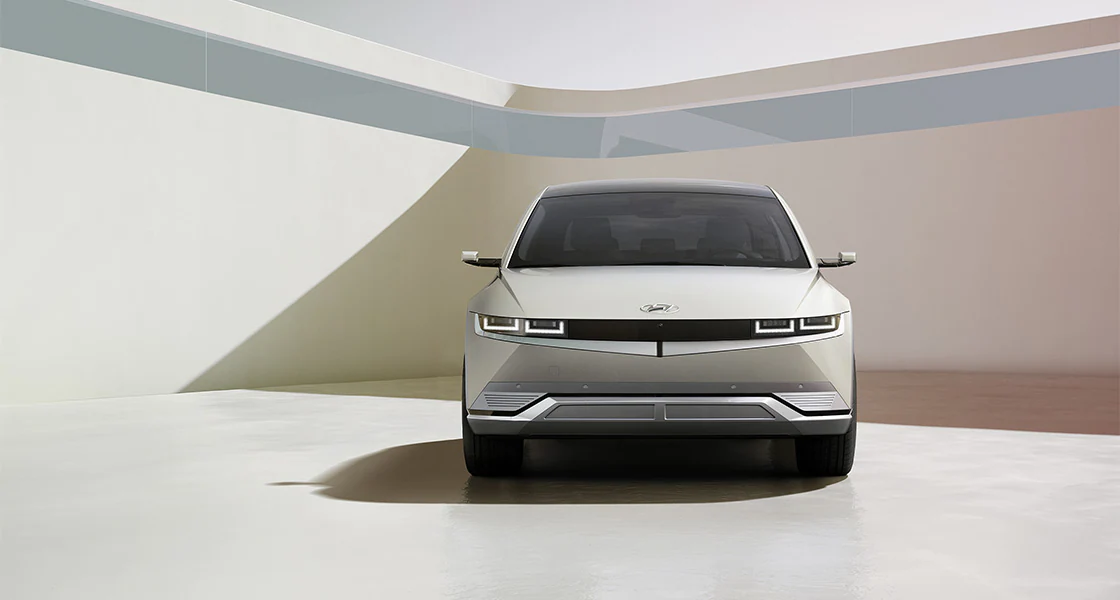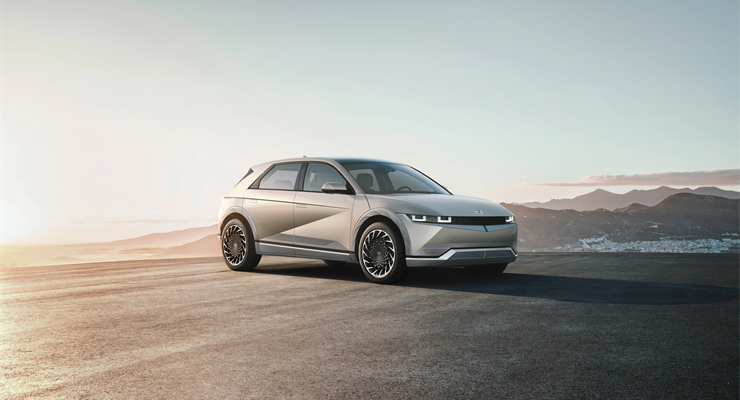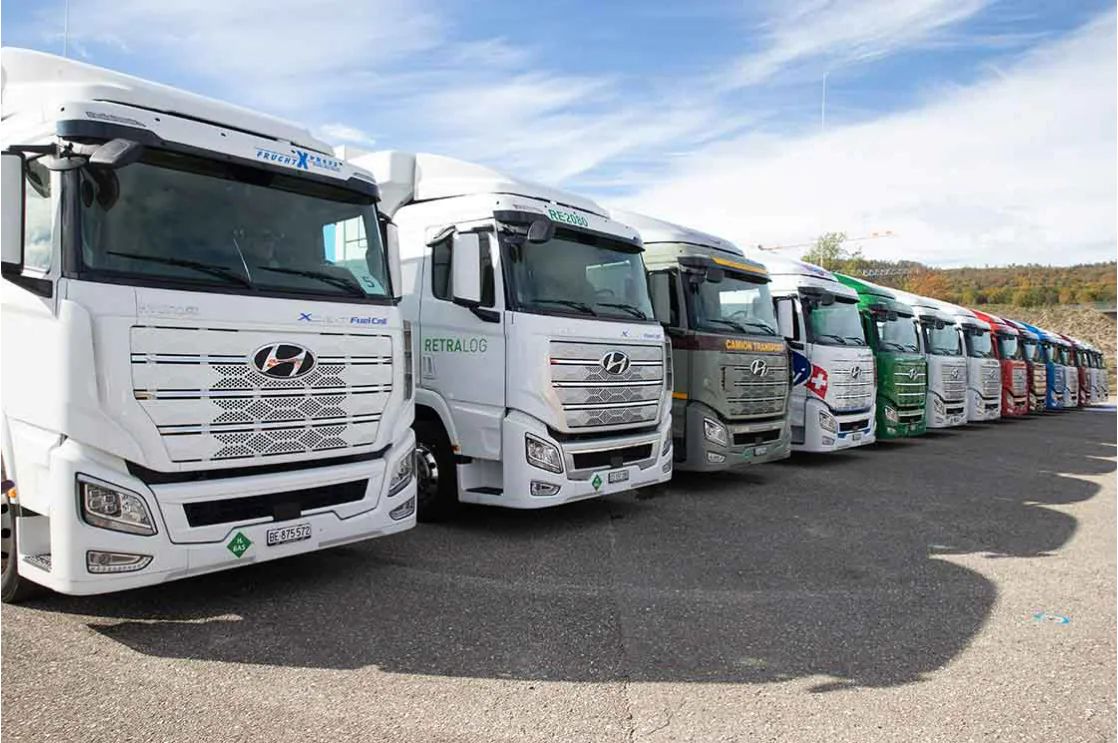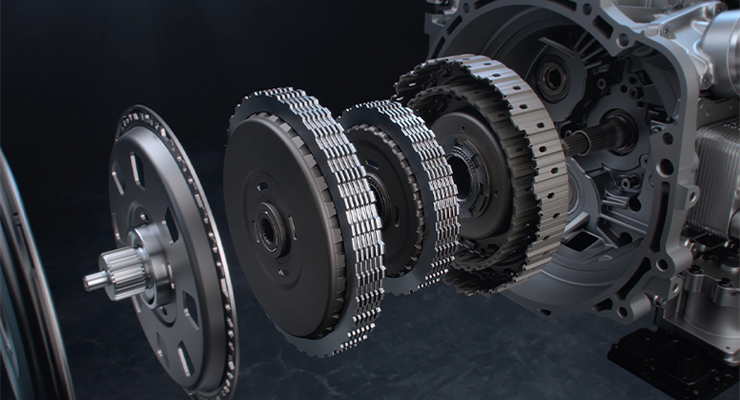Like any emerging technological innovation, electric vehicles (EVs) are often misunderstood. Whether it is triggered by uncertainty or by resistance to change, misunderstanding caused by myths can lead to an unfairly negative outlook.
Let’s take a look at some of the most common myths and explore the reality.
Myth: Driving Electric is Not Less Polluting
Some people believe that EVs are just as polluting as cars that have combustion engines because they run on electricity that is generated by natural gas, oil or coal-fired power plants. But with no internal combustion engine, EVs require no gasoline and no messy oil changes. Air pollution in urban areas is reduced when fewer cars are emitting exhaust fumes on the streets. There is therefore no doubt that EVs are less polluting than their gas or diesel-powered equivalents.
If you are concerned about using electricity that is still generated by burning fossil fuels, check the electricity providers available in your country and select the greenest option available to you. That’s a great way to further reduce your carbon footprint.

Myth: EV Batteries Can’t be Recycled
The lead-acid batteries that are used in cars with internal combustion engines are already highly recyclable. In fact, most countries see a recycling rate of more than 90% for these batteries. Modern EV batteries are built with an even higher proportion of recyclable materials, and they are also highly recyclable. Additionally, EV batteries last for years, and many of them will have a life well beyond that of the vehicle.
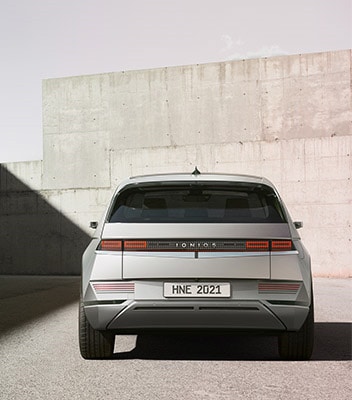
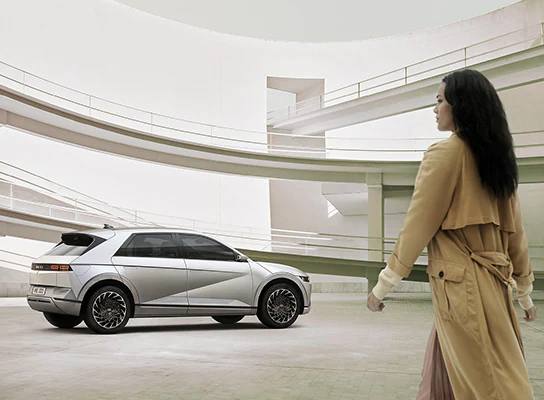
Myth: EV Batteries Only Last a Few Years
While the battery in your smartphone only lasts a couple of years, that’s because you charge it every day. The average EV driver charges their car a few times a month.
EVs are also designed to charge smarter. When they are charged, they only replenish the depleted cells, which distributes the load across the thousands of cells that make up a battery pack.
The standard Hyundai EV battery warranty is valid for up to 160,000km, so you can be sure your EV will still be going strong for years to come.
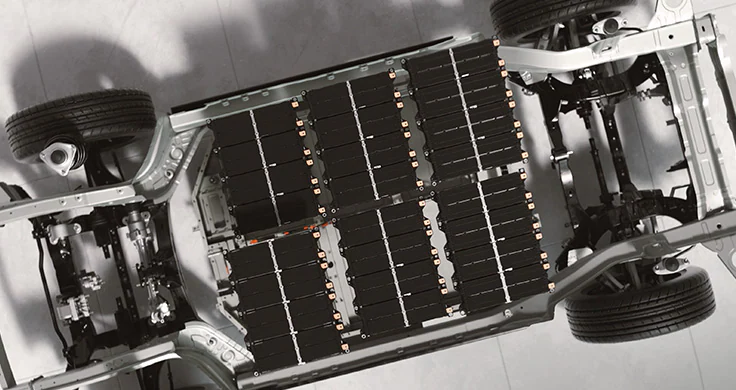
Myth: EVs Don’t Have a Big Range
It’s natural for drivers to be concerned about being stranded with a flat battery miles from a charging station, but as EVs become more commonplace this will become no more of a risk than running out of fuel.
The range of most EVs far outstrips the average daily distance covered by most drivers. According to the Worldwide Harmonized Light Vehicle Test Procedure (WLTP) standard, the maximum driving range of IONIQ 5 on a single charge will be around 470-480km.*
Furthermore, the IONIQ 5 is built using Hyundai’s new E-GMP, which includes ultra-fast charging capabilities. It can charge to 80% in just 18 minutes, and a quick five-minute charge can give it 100km of range.**
*This is a predicted range. The official driving range for IONIQ 5 will be announced soon. **Disclaimer: according to the Worldwide Harmonized Light Vehicle Test Procedure WLTP for the 72.6kWh battery option.
The future of charging infrastructure is looking bright, with charging stations being built all over the world – both in cities and along highways. Read more about the new generation of charging ports and some exciting concepts here.
Learn more about the E-GMP and the future of Hyundai’s EVs here.
